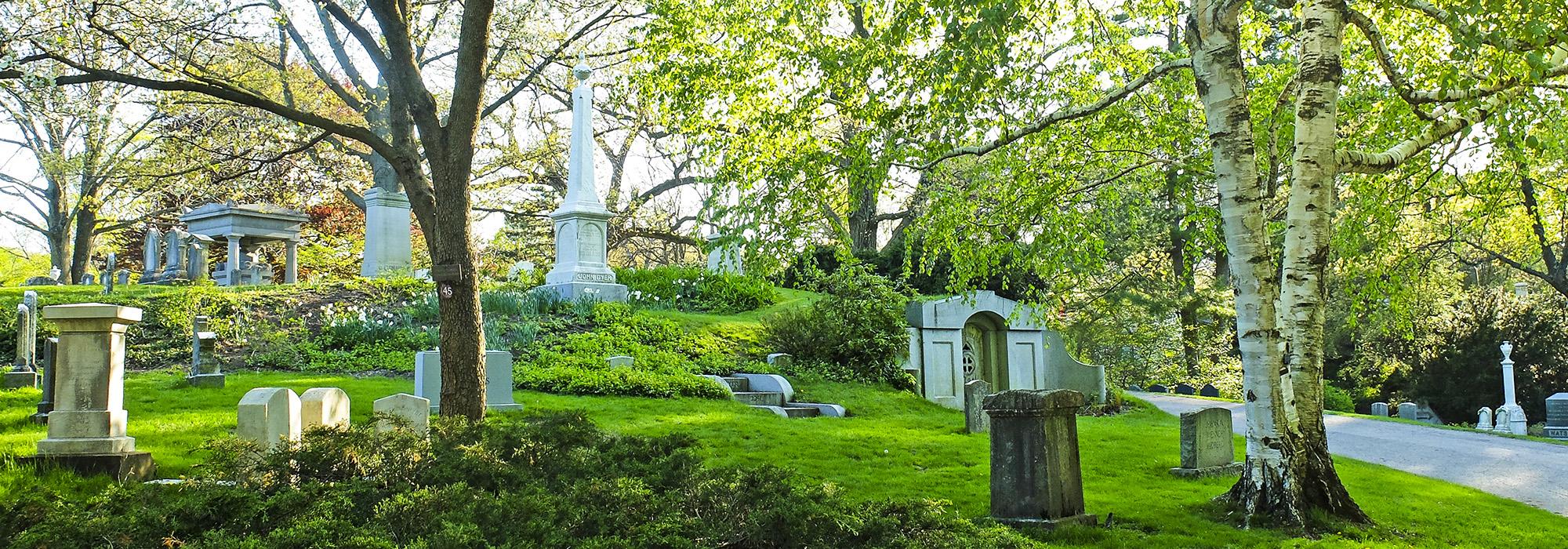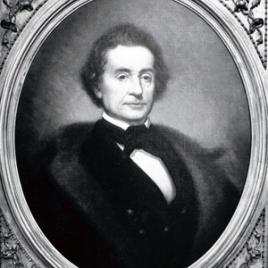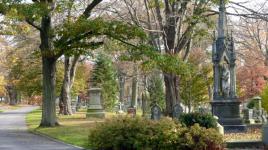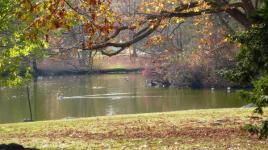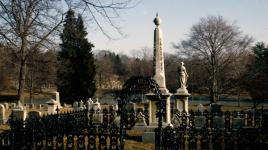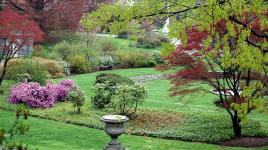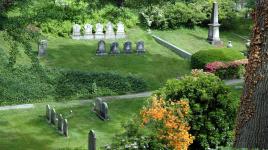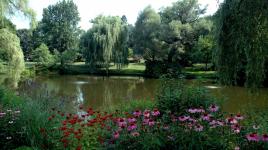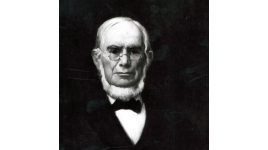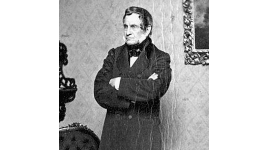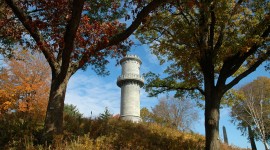Pioneer Information
Born in Exeter, New Hampshire, Henry Dearborn studied at both Williams College in western Massachusetts and the College of William and Mary in Virginia, gaining his legal degree in 1807. Uninspired by law, he devoted himself to public service, learning engineering as superintendent of the fortification of Portland harbor during the War of 1812. Elected a fellow of the American Academy of Arts & Sciences in 1823, he researched and illustrated a Greek architecture treatise (1829), worked to preserve the Bunker Hill Revolutionary battle site, and founded the Massachusetts Horticultural Society. Aided by Alexander Wadsworth, Dearborn was instrumental in the development of the nation’s first rural cemetery, Mount Auburn. In the horticultural design, he incorporated 1300 trees from his own nurseries, doing much of the transplanting himself. Dearborn’s vision for Mount Auburn extended far beyond a burial ground; he imagined an experimental garden for propagating and hybridizing plant varieties. His ideas for Mount Auburn, vastly different from those of his colleague Jacob Bigelow, ultimately ended his affiliation with the project. Dearborn then focused his energy on politics. As mayor of Roxbury, Massachusetts, (1847-1851) he instigated and designed Forest Hills Cemetery, where he was ultimately buried on Mount Dearborn.



